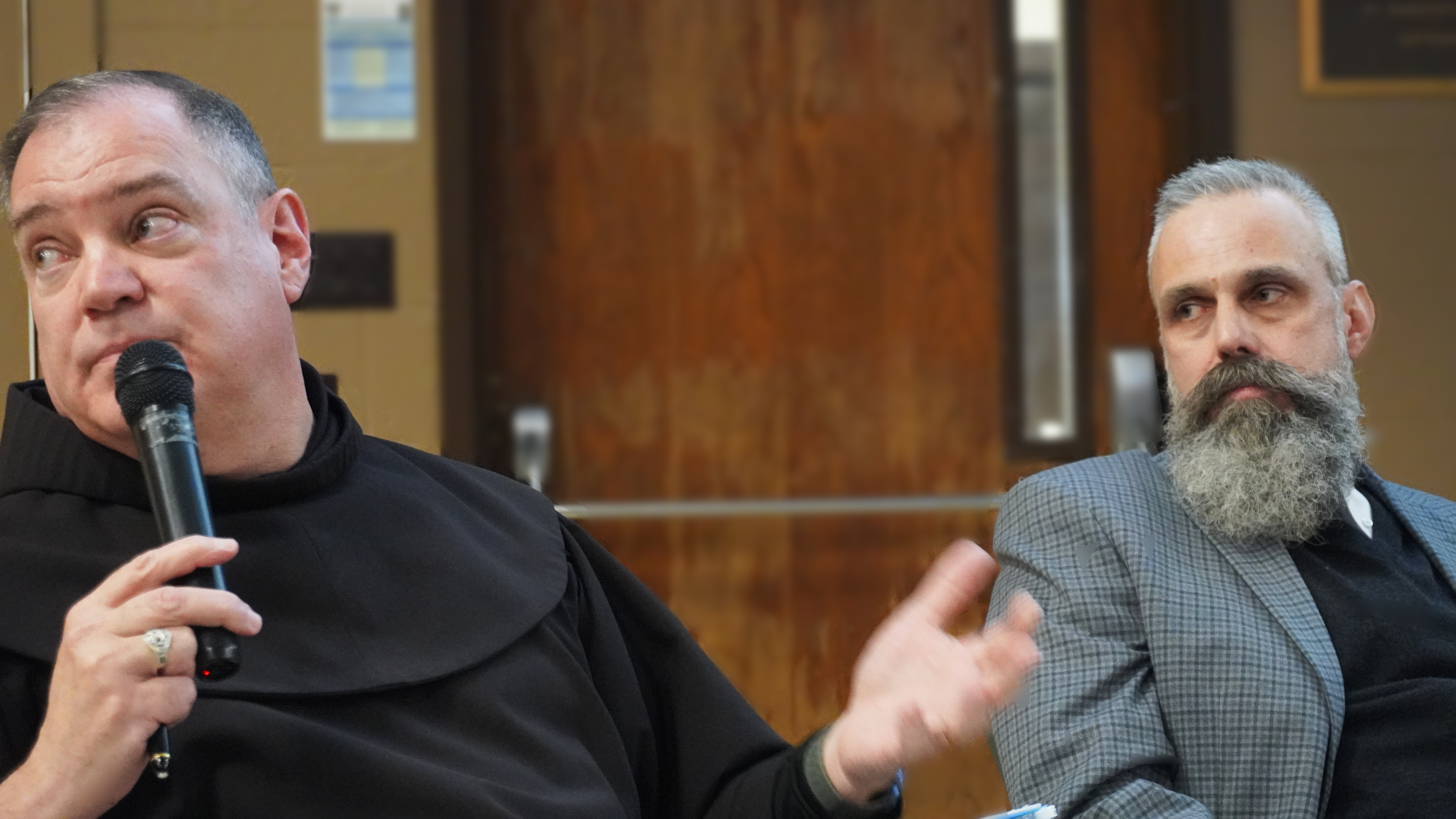St. Bonaventure University announced a criminology major, with the U.S. Bureau of Labor Statistics projecting it will be a high-demand major through 2026.
Officials announced Feb. 6 that the criminology major will be offered in the 2018 fall semester.
William Elenchin, Ph.D., chair of the criminology program, said the degree, which falls into the School of Arts and Sciences, will be more attractive to those students who are interested in the study of crime and the wide range of career opportunities available in the field.
“Many learners feel a calling to work in areas such as policing, victim services, working with at-risk youth, corporate security, investigations, the courts, the military, as well as state and federal agencies,” said Elenchin. “To state that another way, many students are drawn to the major not quite sure of where they hope to work, but know that they would like to be part of this field.”
Elenchin said a market study conducted last year at St. Bonaventure indicated that criminology and criminal justice degrees regularly rank among the top ten most sought-after majors.
“Many of our competitor schools offer such a program for this very reason,” Elenchin said.
Recruitment goals are required as part of a proposal for any new program, and Elenchin said the department set a modest goal of five students for the next year, expecting that number to grow by roughly seven students each following year.
St. Bonaventure already offers a cybersecurity program through the computer science department, and Elenchin said there will be some overlap.
“One of the elective courses for [the] criminology major will be Cybersecurity 101, Introduction to Information Security,” said Elenchin. “In addition, as both the cybersecurity and criminology programs grow, we will of course consult with one another about ways to enhance student-learning experiences.”
Elenchin said, to develop the new major, existing courses, such as CRIM 101, have been revised and a new course, CRIM 209, has been developed.
“For many years now, we have offered courses common to this area of study, such as juvenile delinquency, family violence, social problems and crimes in a digital age,” said Elenchin.
“With generous support from several other disciplines, we have a robust offering of elective courses so that students can tailor their personal and professional interests.”
An important part of the proposal and planning is bringing on one additional faculty member who holds a terminal degree in criminology, said Elenchin.
“The search committee for this position will be formed later this semester and the search will begin in the fall of 2018,” said Elenchin. “Current faculty in the department of sociology and criminology will begin teaching courses next semester.”
Jasmine Clasing, a junior sociology major with a criminology concentration, had conflicting emotions about the creation of a new major.
“I’m jealous of the incoming students who will get to experience this,” Clasing said. “The sociology department already has a great team of professors, and adding in more criminology classes to create a major will make these two departments very popular on campus.”
Clasing said the criminology major being offered separate from the sociology major will be beneficial to students.
“I think the current setup is great,” said Clasing. “Having sociology as my major has emphasized my understanding human behavior and adding in the criminology focus has helped me learn the background to criminal acts and behavior. It has also driven me to wanting to pursue a master’s degree in counseling.”
Clasing hopes that, as the new major develops, additional courses will be offered.
“I think a forensic science class and lab should be offered as the science requirement for future criminology majors,” said Clasing. “With the current shift from Clare College to the new general education curriculum, it’s not too late to add in a forensic science class. In the long run, this would help make criminology majors more marketable for the field.”
Clasing added that she thinks the major will boost enrollment.
“Our nation will always need educated people who want to go into law enforcement, criminal rehabilitation and national security,” said Clasing. “The fact that Bona’s can offer this education along with the Franciscan values and traditions — think of the service that future Bonnies will offer our nation.”
Photo courtesy of www.oneclass.com






